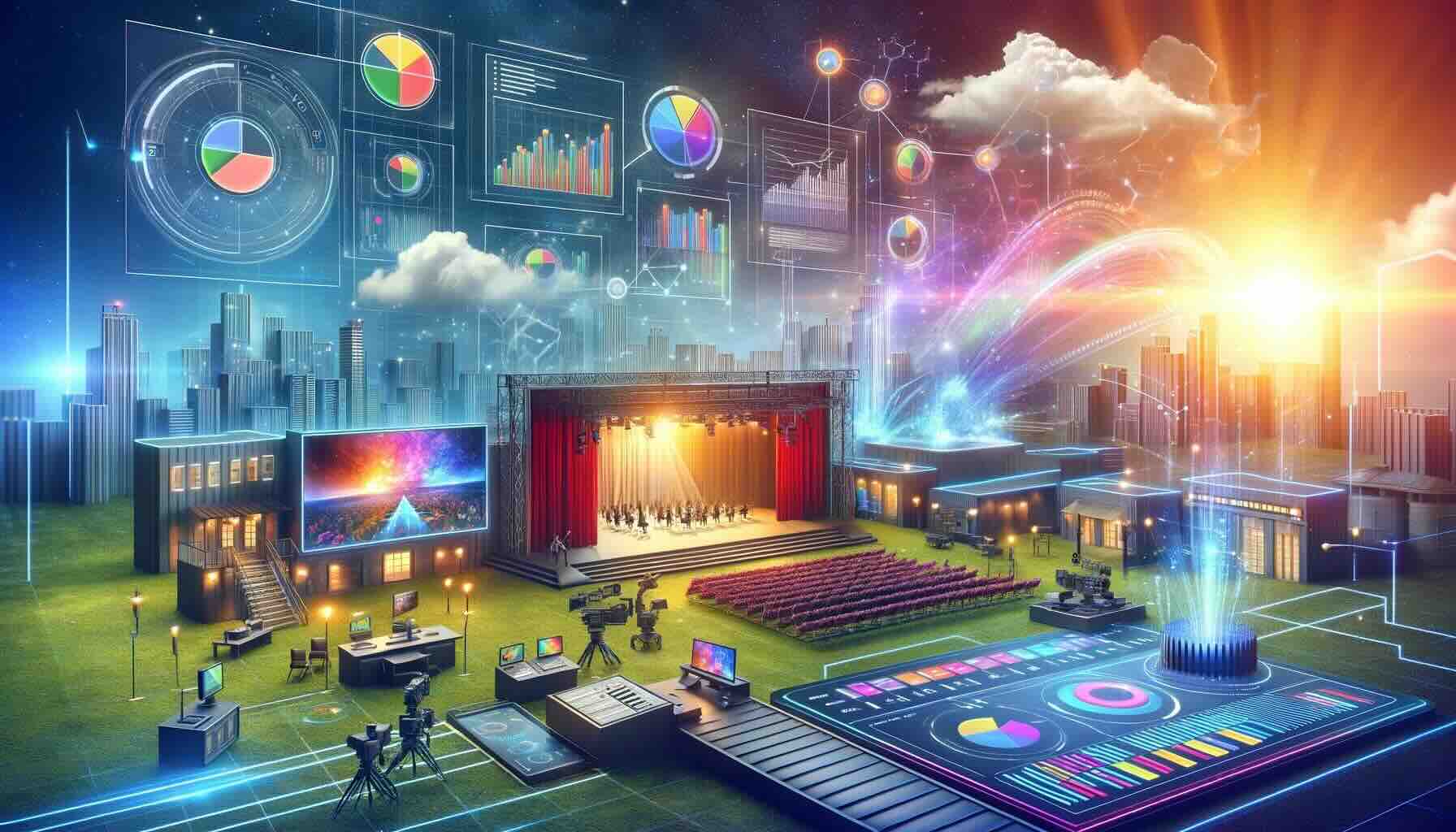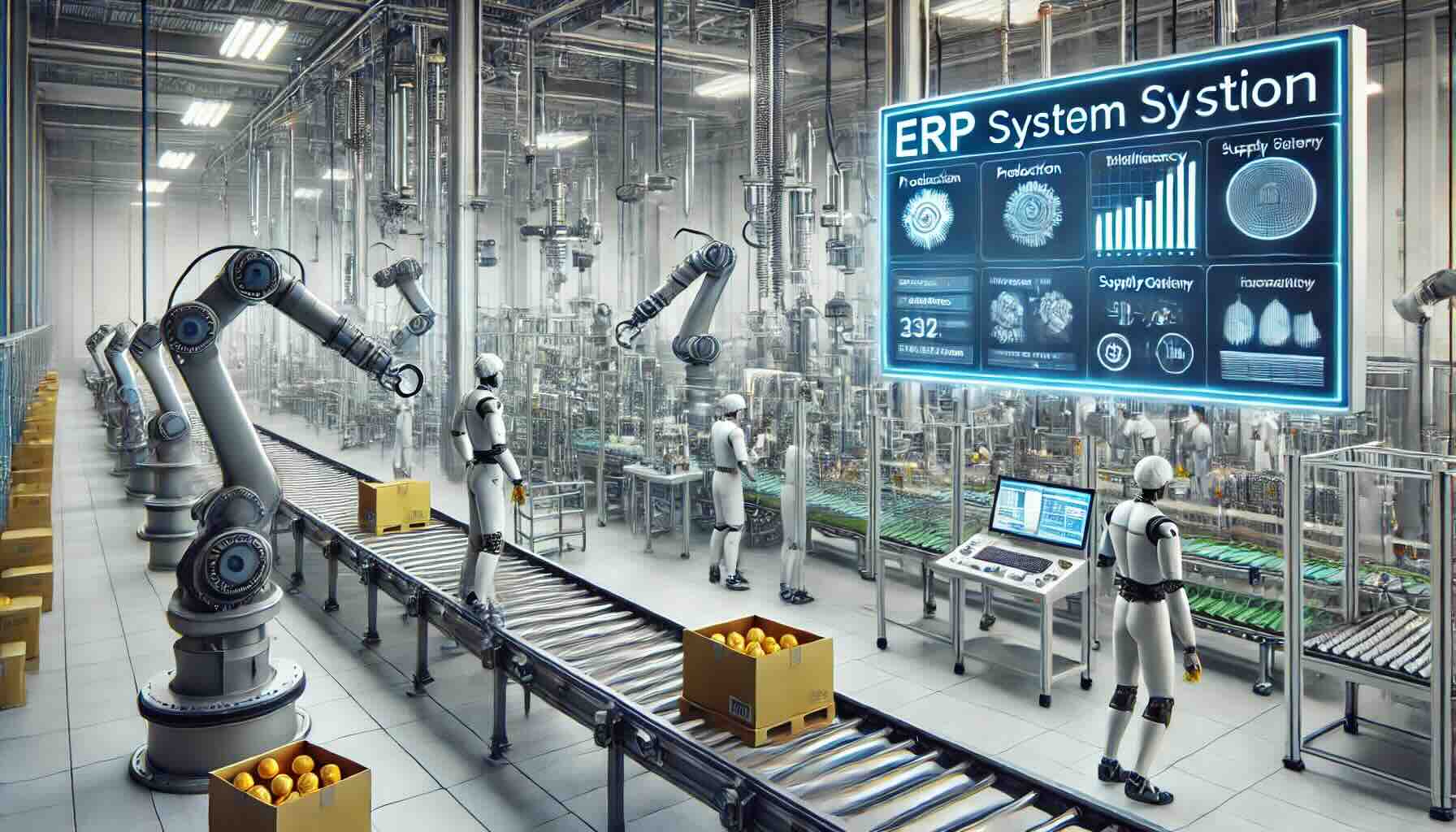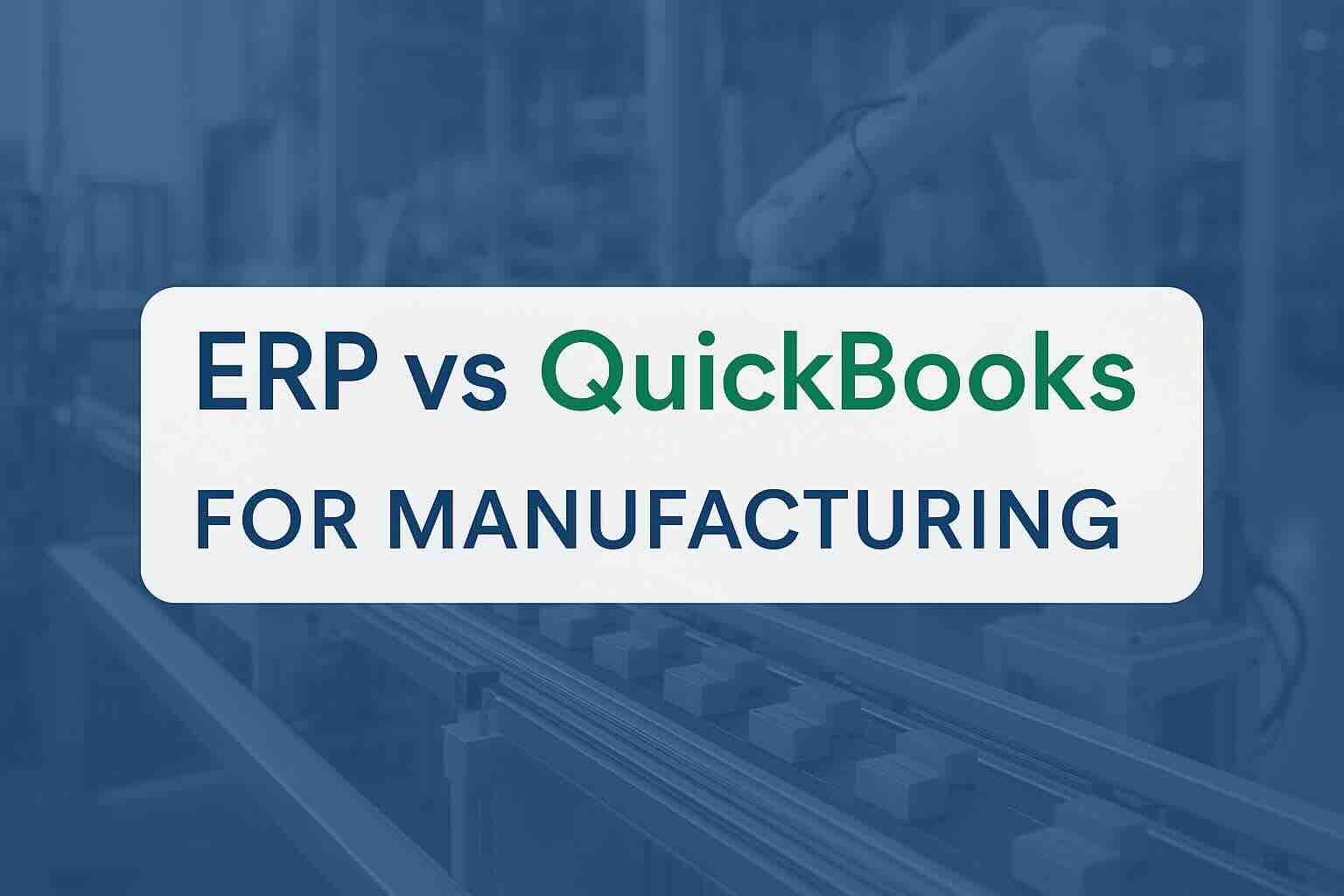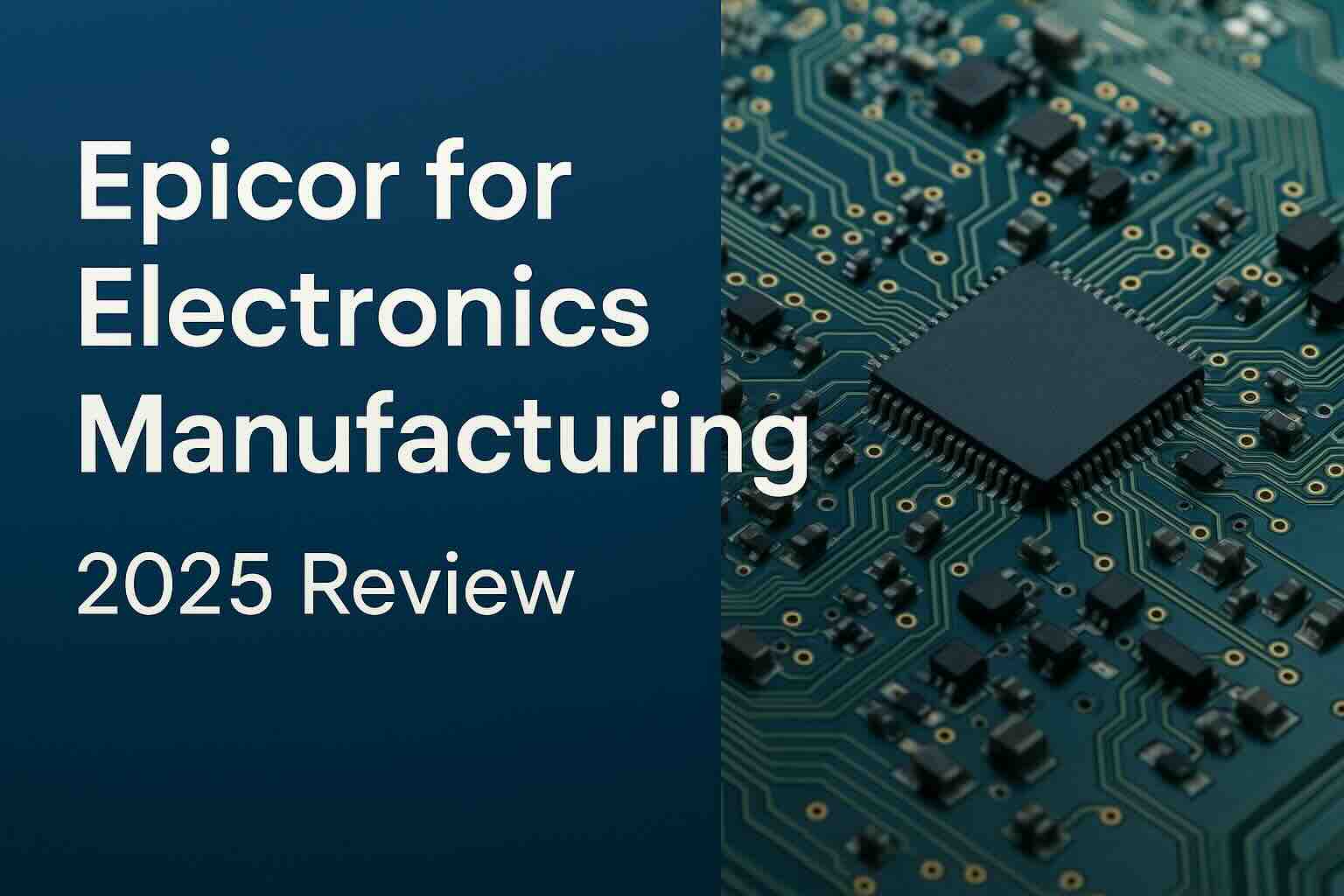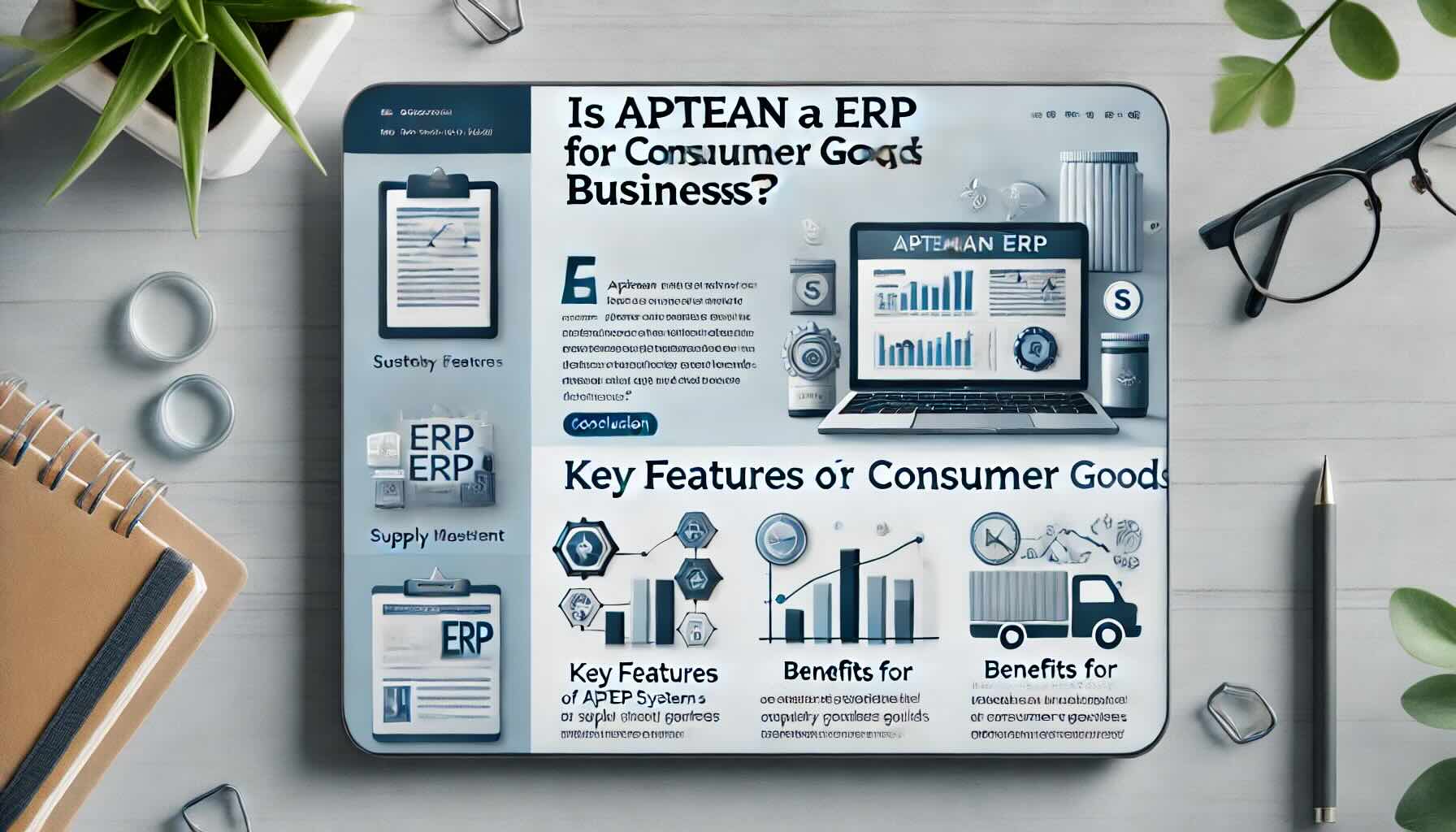A Close Look at the Top 10 Retail ERP Solutions
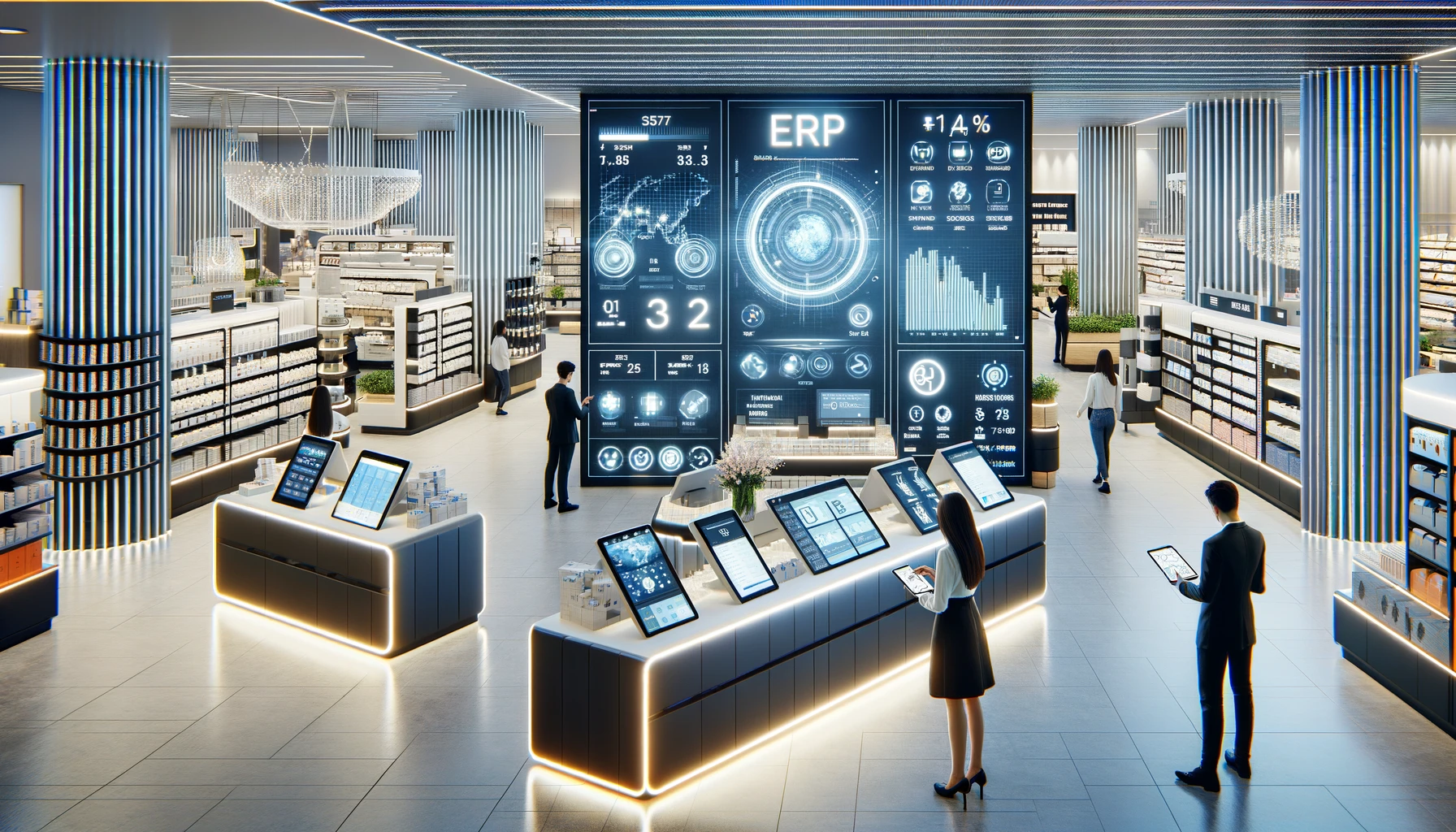
In the dynamic world of retail, staying competitive requires a delicate balance between managing inventory, enhancing customer experiences, and optimizing operations. Enter the realm of Enterprise Resource Planning (ERP) systems, a crucial tool for retailers looking to streamline their processes and boost efficiency. As the retail landscape grows increasingly complex, selecting the right ERP system is paramount. This comprehensive guide delves into the top 10 retail ERP solutions, highlighting their strengths and weaknesses to aid retailers in making an informed choice.
1. SAP S/4HANA
SAP S/4HANA offers a robust solution, with strengths in inventory management, customer relationship management, and analytics. It’s particularly suited for large retailers needing an all-encompassing system. To find out more about SAP S/4HANA for retail you can visit this link, its complexity and cost can be challenging for smaller retail businesses. Click this link to find out more about SAP S/4HANA for retail.
2. Oracle Cloud ERP
Oracle Cloud ERP is a strong contender in the retail space, known for its extensive functionality, scalability, and cloud capabilities. Its comprehensive suite is ideal for retailers looking for global expansion. The downsides include a steep learning curve and potentially high implementation costs. Click this link to find out more about Oracle Cloud ERP for retail.
3. Microsoft Dynamics 365
Microsoft Dynamics 365 stands out for its integration with other Microsoft products, making it a familiar choice for many users. Its flexibility and comprehensive retail-specific features are significant advantages. Customization, though, can sometimes add to complexity and cost. Click this link to find out more about Microsoft Dynamics for retail.
4. Epicor
Epicor offers a tailored approach to retail, focusing on customer experience and operational efficiency. It’s well-suited for mid-sized retailers, offering scalability and ease of use. However, it may lack some of the advanced features found in larger ERP systems. Click this link to find out more about Epicor for retail.
5. Infor
Infor brings industry-specific capabilities to the table, particularly strong in fashion and specialty retail. Its modern interface and user-centric design are pluses, but some retailers may find its niche focus limiting in terms of broader functionality. Click this link to find out more about Infor for retail.
6. Acumatica
Acumatica is known for its flexibility and user-friendly approach, making it an excellent option for small to medium-sized retailers. It’s cloud-native and offers strong inventory and e-commerce integrations. Its scalability might be limited for larger, more complex retail operations. Click this link to find out more about Acumatica for retail.
7. Oracle Netsuite
Oracle Netsuite shines with its cloud-based solution, offering real-time data and a comprehensive view of retail operations. It’s versatile and user-friendly, suitable for a wide range of retail sizes. However, customization needs can increase its overall cost. Click this link to find out more about Oracle Netsuite for retail.
8. Odoo
Odoo stands out for its open-source nature, offering a high degree of customization. It’s particularly attractive for small to mid-sized retailers seeking flexibility. The reliance on third-party apps for certain functionalities might be a downside for some. Click this link to find out more about Odoo for retail.
9. Sage Intacct
Sage Intacct is favored for its strong financial management capabilities, essential for retail businesses. It offers scalability and a user-friendly interface but may require additional modules for comprehensive retail management. Click this link to find out more about Sage Intacct for retail.
10. Brightpearl
Brightpearl is tailored for retail and e-commerce businesses, focusing on automation and efficiency in operations. It excels in inventory management and real-time insights. However, larger enterprises might find it less robust compared to other ERP solutions. Click this link to find out more about Brightpearl for retail.
Conclusion; top 10 retail ERP options
In summary, choosing the right ERP system for retail involves a careful consideration of various factors – from business size and specific retail needs to budget constraints and scalability aspirations. Each of these top 10 retail ERP solutions offers distinct advantages and limitations. Retailers must evaluate these aspects in the context of their unique business requirements and growth objectives, ensuring the chosen system effectively supports their journey in the vibrant world of retail.
To compare these ERP solutions and many more, you can use our new AI-powered Compare ERP tool. It’s free to use and you get a guaranteed discount on your first year’s licence fees with a referral from Compare ERP.

